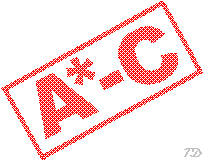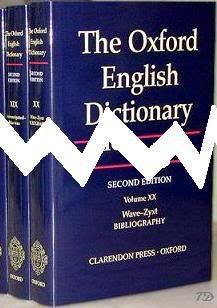 The GCSE results came out yesterday, and showed yet another rise.
The GCSE results came out yesterday, and showed yet another rise.
More than 600,000 students have been getting results, almost one in five of which were an A* or A - up 0.4 percentage point to 19.5%.
The proportion of entries getting grades of A* to C rose from 62.4% to 63.3%, a rise of 0.9.
The gender gap narrowed, but with girls still ahead. (BBC)
Michael Gove, the Tory education spokesman, who carried out the analysis, said the results suggested that schools were trying to maximise their league table position by moving away from core subjects, the very subjects that universities and employers were looking for most...
The Conservative analysis shows that, although the proportion of pupils getting five or more good GCSEs in any subject has increased by 13.6 percentage points in the past decade, the improvement when English and mathematics are taken into account is less than ten points.
Figures including English, maths and science have improved by only 5.4 percentage points on the period. Figures including English, mathematics, science and a modern foreign language, have declined since 1996, by 1.5 points. (The Times)
A good basic understanding and ability to apply English and maths is essential in the modern world. An understanding of science is also necessary in many ways. You could probably discount a foreign language from being an essential GCSEs, really, however. I can remember very little from my GCSE German [I got a C] - about all I can recall is that "fahrt" means journey, and that "gespeilen" is the verb "to play".
Getting five A*-C GCSEs without English and Maths being included does not count as "good". They are the two most basic subjects, and a good GCSE in them is required by most employers. The number of people who are not getting A*-C in these two subjects is horrifying. It needs to be corrected - starting with the statistics.
Sources: BBC, The Times





































